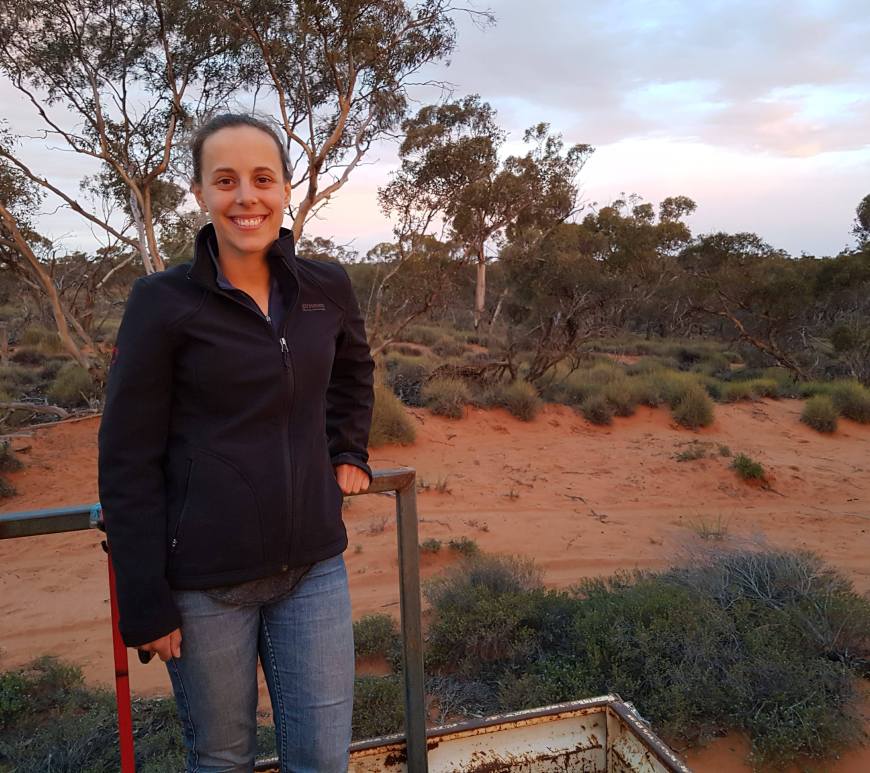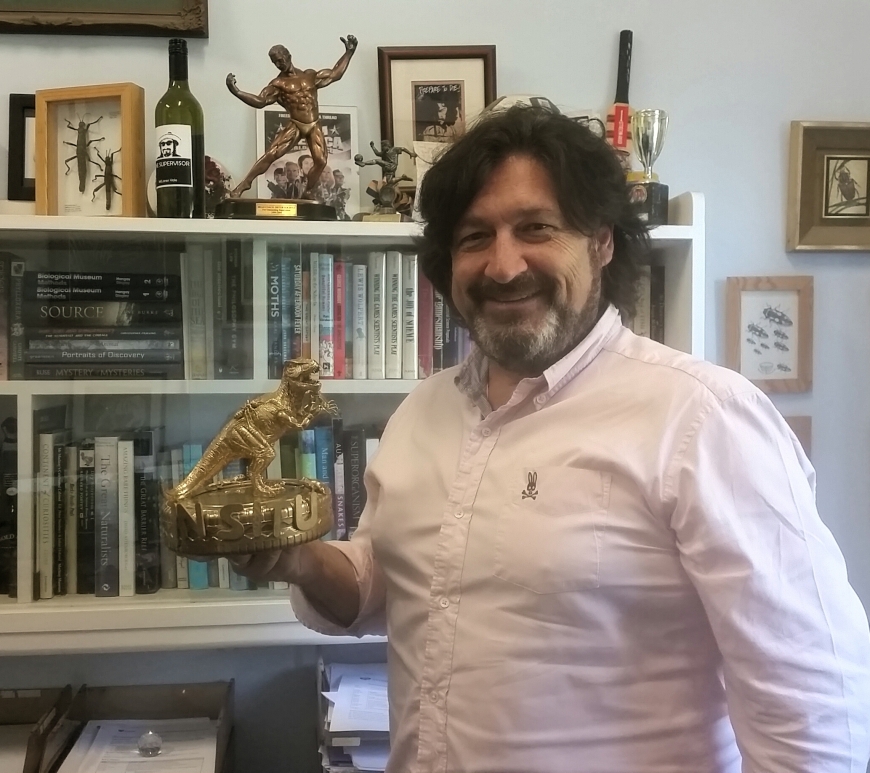
Flashback episode with Charlotte Mills
Way back on episode 39 Charlotte Mills was a PhD student at UNSW. She has since completed her PhD and is now Dr Charlotte Mills. Charlotte describes her time as a PhD candidate as a ‘choose-your-own-adventure’ experience. This experience has taken her across the magical desert landscapes of inland Australia and continues to be an exciting adventure. https://mcdn.podbean.com/mf/web/xewqm8/charlottemills.mp3 Follow Charlotte on Twitter @EcologistMills Music: ‘Strange Stuff’ … Continue reading Flashback episode with Charlotte Mills








